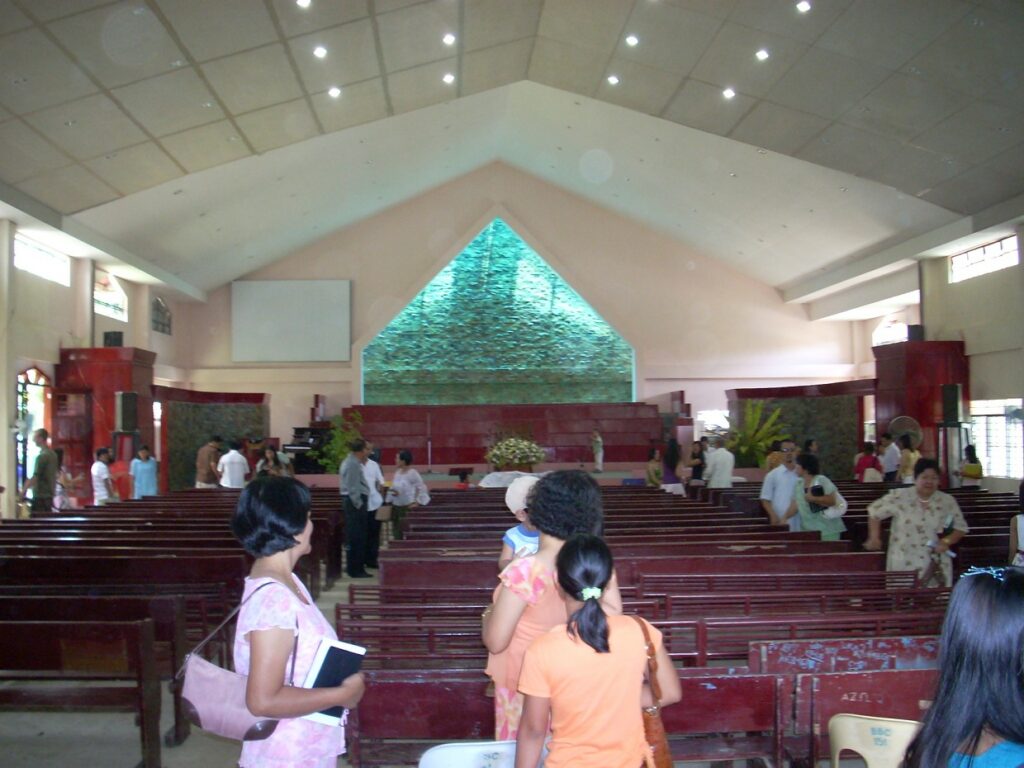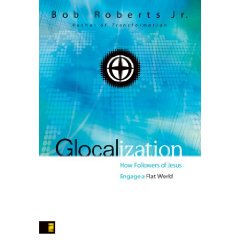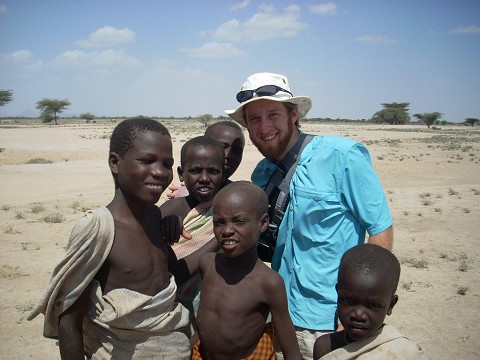 My first month on the Race I got to share my testimony at a large church in the Philippines. I opened my story by talking about the fact that my brother just became a fifth-generation pastor in my family. When the Pastor of the church rose to speak he said to me, “The Lord may have done a good thing when he made your father a pastor, but he did one better with you. He made you a missionary.”
My first month on the Race I got to share my testimony at a large church in the Philippines. I opened my story by talking about the fact that my brother just became a fifth-generation pastor in my family. When the Pastor of the church rose to speak he said to me, “The Lord may have done a good thing when he made your father a pastor, but he did one better with you. He made you a missionary.”
At that point I hadn’t thought much of the distinction. Now that I am home, and have decided to continue to work with the World Race, I have been thinking more about the distinction. To work in the local church and to be a missionary are two different callings. They require unique, though not mutually exclusive, gifts and mindsets.
I’m currently reading a book called Glocalization: How Followers of Jesus Engage a Flat World. The beginning premise of the book is that, at this point in history, we have unprecedented access to peoples and cultures around the world. The far regions of the world are becoming more and more intertwined. It’s not so hard anymore to be making a difference across the ocean. At the beginning of Part II of the book the author, Pastor Bob Roberts Jr., begins to talk about his conviction that we need to “send the whole church”.
 This falls in line with some of the things I’ve been thinking and feeling lately. I believe a bulk of the ministry giftings with which the Church has been blessed lies dormant in the pew on Sunday morning. My passion is to see the Sunday morning pew-sitter mobilized. I wrote about this in a recent blog.
This falls in line with some of the things I’ve been thinking and feeling lately. I believe a bulk of the ministry giftings with which the Church has been blessed lies dormant in the pew on Sunday morning. My passion is to see the Sunday morning pew-sitter mobilized. I wrote about this in a recent blog.
So Roberts establishes his idea that we need to “Send the Whole Church”, as he says. Then, talking about the two tensions of the church when it comes to missions — a zealous passion to see the nations reached and a drive to tend to the flock at home — Roberts has this to say of the relationship between churches and missions organizations:
I used to believe if the Great Commission were just local church driven, that would be enough. It would force parachurch and denominational institutions to reengage with local churches in a different way as opposed to just being the supporters and funders of religious professionals to impact the world. However, if the local church pastor doesn’t pass it on to the person in the pew, that pastor could actually make things worse.
This passage hit my heart. The fact is that even if a local pastor is excited about missions, he’s not a missionary. If he was, given the climate of the church that has been around for years, he would be in another country. Most pastors chose their vocation because they felt led to pastor a church, not lead a missionary charge. Many pastors may love to see the impact their people can have overseas, and they may love to see the way their people come alive overseas, but to establish a long-term solution in a foreign country is still outside-of-the-box thinking.
In Glocalization, Roberts trumpets the end of short-term missions as we know it (In fact, the World Race essentially does the same). But as he points out in the passage above, we may need a new kind of pastor to make that happen. We need a local pastor with the heart of a missionary. We need pastors who can see a need in another country and ask themselves, “If I were to set up a ministry there how would I do it? And how can I mobilize my people to help make that solution possible?” And we need pastors who are not daunted by the task because it lies outside of their gifting and experience.
 I have believed for a long time that my long-term calling lies in the local church. Now I believe that a big part of that calling is working to help mobilize the local church. To do that responsibly I’m going to need more of the missionary’s DNA inside of me.
I have believed for a long time that my long-term calling lies in the local church. Now I believe that a big part of that calling is working to help mobilize the local church. To do that responsibly I’m going to need more of the missionary’s DNA inside of me.
How long will that take? I don’t know. I’m starting with a fresh six-month commitment to the World Race, because that is where my missionary’s heart came alive. Pursuing this passion may lead me to Guatemala to start an orphanage. It could lead me right back here to Lake Mary, FL. It could even lead me to continue to work with the World Race.
Somehow, though, we need to reach a dying world. And we have to do it as the community that God has ordained us to be. It won’t work any other way. To see that happen, I may need to be a local pastor, but first I have to be a missionary.
 My first month on the Race I got to share my testimony at a large church in the Philippines. I opened my story by talking about the fact that my brother just became a fifth-generation pastor in my family. When the Pastor of the church rose to speak he said to me, “The Lord may have done a good thing when he made your father a pastor, but he did one better with you. He made you a missionary.”
My first month on the Race I got to share my testimony at a large church in the Philippines. I opened my story by talking about the fact that my brother just became a fifth-generation pastor in my family. When the Pastor of the church rose to speak he said to me, “The Lord may have done a good thing when he made your father a pastor, but he did one better with you. He made you a missionary.” This falls in line with some of the things I’ve been thinking and feeling lately. I believe a bulk of the ministry giftings with which the Church has been blessed lies dormant in the pew on Sunday morning. My passion is to see the Sunday morning pew-sitter mobilized. I wrote about this in a recent blog.
This falls in line with some of the things I’ve been thinking and feeling lately. I believe a bulk of the ministry giftings with which the Church has been blessed lies dormant in the pew on Sunday morning. My passion is to see the Sunday morning pew-sitter mobilized. I wrote about this in a recent blog.
 I have believed for a long time that my long-term calling lies in the local church. Now I believe that a big part of that calling is working to help mobilize the local church. To do that responsibly I’m going to need more of the missionary’s DNA inside of me.
I have believed for a long time that my long-term calling lies in the local church. Now I believe that a big part of that calling is working to help mobilize the local church. To do that responsibly I’m going to need more of the missionary’s DNA inside of me.







